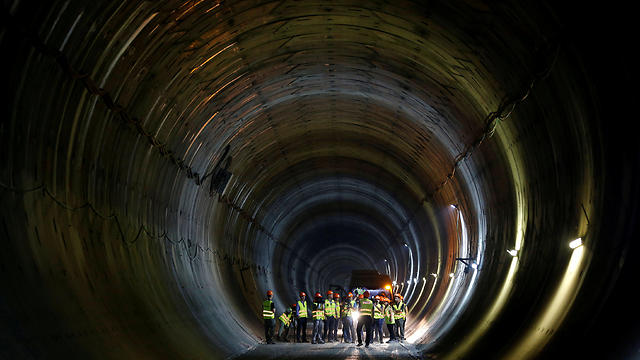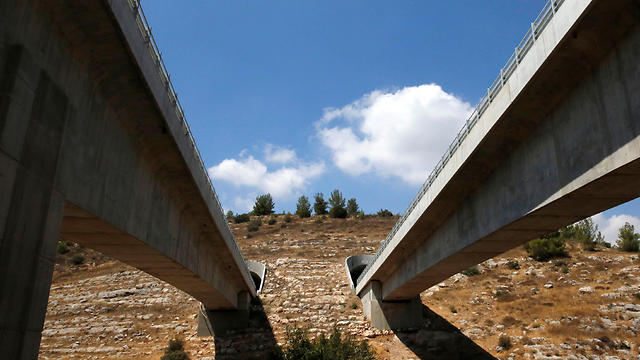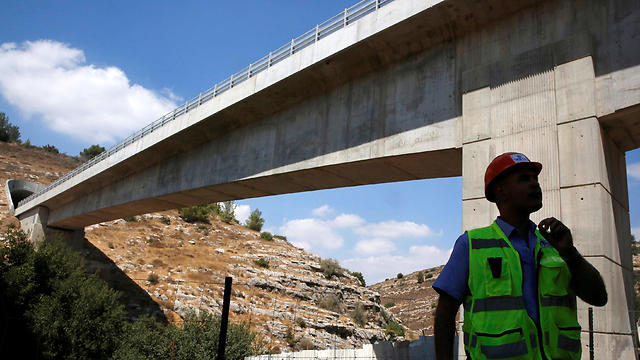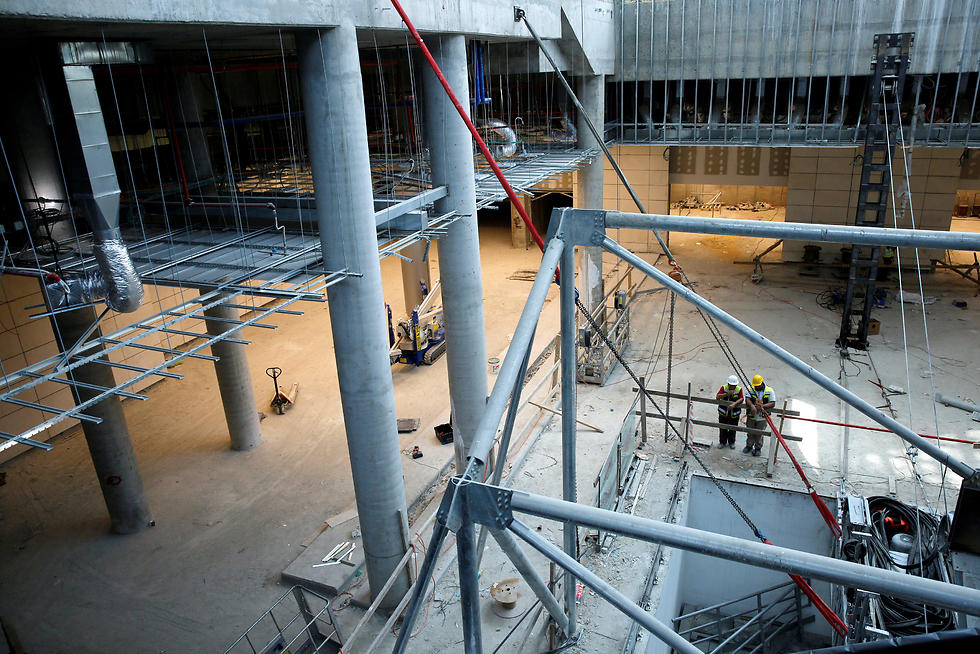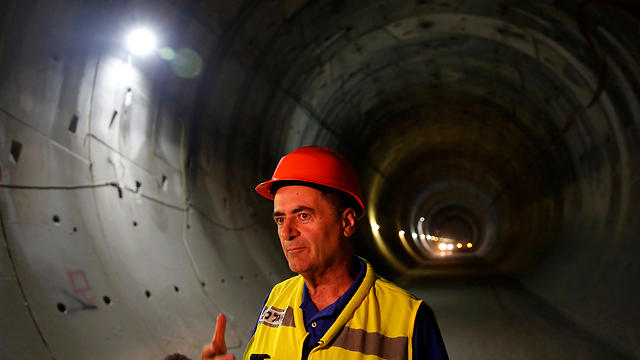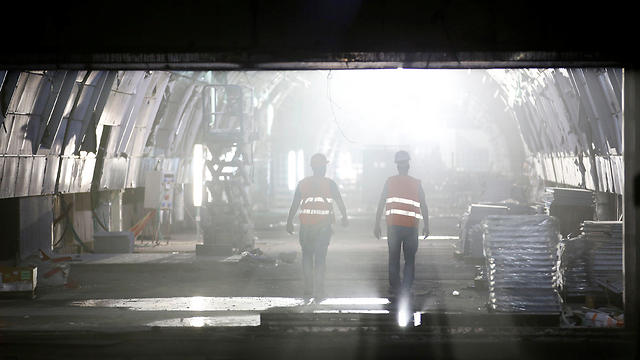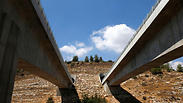
Tel Aviv and Jerusalem are only 60 km (40 miles) apart but they often feel like different planets, not just in terms of mentality but because the commute from the Mediterranean to the Judean hills can sometimes take two hours.
That is set to change in the next 18 months with the completion of a $2 billion, high-speed rail line that will slash the time between the high-tech, business center and Jerusalem's Old City to just 30 minutes.
After more than a decade in planning, the project, which involved boring tunnels through mountains and spanning bridges over deep valleys, promises to transform Israel's two largest cities - or at least bring them a little closer.
"We are doing in Israel what the United States did 200 years ago, what Europe did after World War Two, and what Asia has done over the last few decades," Transportation Minister Yisrael Katz said on Tuesday, touting several new rail lines in the works. "The main aim is to connect Jerusalem to the rest of the country."
While there is already a train between Jerusalem and the coast - built during the Ottoman empire and added to by the French and the British - it's a slow, scenic route that takes an hour and 40 minutes, not ideal for commuting. That said, around 7,500 people still ride it most days.
The new line takes a more direct route, cutting through the steep hills between the Mediterranean and Jerusalem, which sits 800 meters (2,640 feet) above sea level.
Working with 10 foreign companies, the line runs over 10 bridges and through five tunnels. Construction began in 2010 and is scheduled to end in March 2018.
Double-decker trains holding around 1,700 passengers will travel at 160 km/h. The plan is for four departures an hour, serving 50,000 commuters a day, or 10 million a year, said Boaz Zafrir, the chief executive of Israel Railways.
Katz believes the train will give a jolt to Jerusalem's economy, encouraging more people from the coast to open businesses in the city, which is more religious and conservative than Tel Aviv. Some Tel Avivians, fed up with high rental costs and high humidity, may also decide to move to Jerusalem.
The new line also promises to be a boon for foreign diplomats, Israeli government employees and parliament members, many of whom live on the coast but commute to Jerusalem almost daily and often lament the traffic jams.















